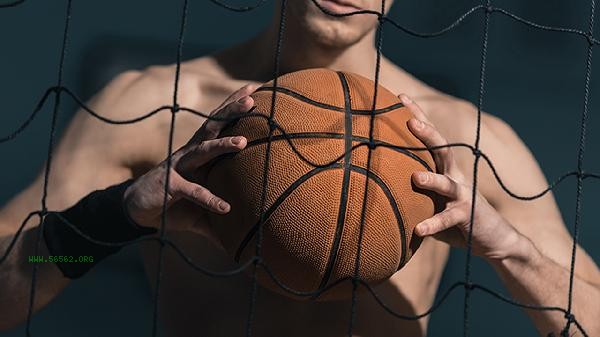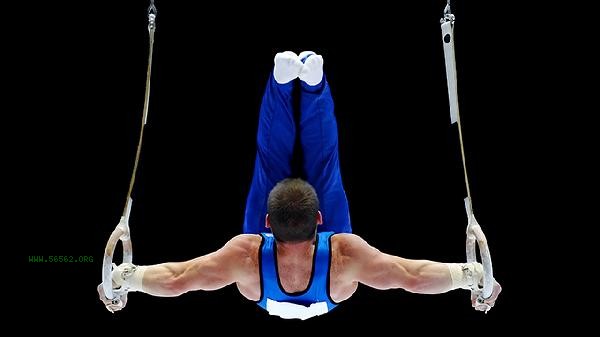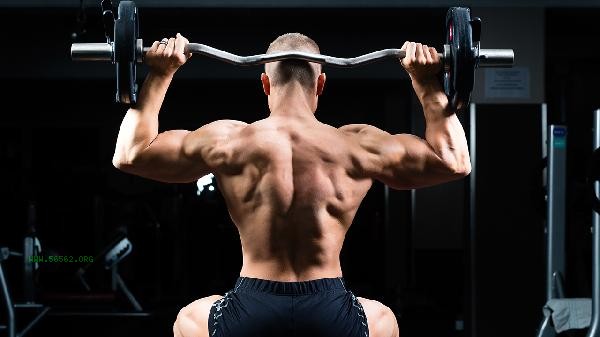The main methods for effective hydration during fitness activities include drinking small amounts multiple times, choosing appropriate water temperature, supplementing electrolytes, avoiding sugary drinks, and balancing hydration before and after exercise.

1. Drink small amounts multiple times
It is recommended to replenish 100-150 milliliters of water every 15-20 minutes during exercise to avoid excessive drinking at once, which can increase gastrointestinal burden. A portable water bottle can be used for timed reminders to maintain a moist oral cavity, which is more conducive to water absorption. During high-intensity training, it can be increased to 200 milliliters per session, but the single consumption should not exceed 300 milliliters.
2. Choose the appropriate water temperature
Warm water at 10-15 ℃ is most conducive to rapid absorption. Too cold can stimulate the gastrointestinal mucosa, while too hot can slow down the absorption rate. In summer, it can be appropriately lowered to 8-10 ℃, and in winter it can be maintained at around 20 ℃. When the body temperature rises after exercise, drinking room temperature water can help regulate the core temperature more effectively than ice water.
3. Supplementing Electrolytes
If you exercise continuously for more than 1 hour, you need to supplement with electrolyte water containing sodium and potassium. You can make your own drink with a small amount of salt and lemon juice. Professional sports drinks should be diluted in a ratio of 1:4 to avoid high osmotic pressure solutions affecting absorption. Pay attention to the color of the urine, dark yellow indicates the need to strengthen electrolyte supplementation. 4. Avoid sugary drinks. Carbonated drinks and high sugar exercise drinks can slow down gastric emptying and increase the risk of dehydration. The caffeine component in functional beverages has a diuretic effect and may exacerbate water loss. Juice should be diluted before consumption, as the high sugar content of pure juice may cause blood sugar fluctuations.

5. Balanced hydration before and after exercise
500 milliliters of water should be consumed in portions 2 hours before exercise, and 1.5 liters of water should be added for every kilogram of weight loss after exercise. Within 2 hours after the end, you can drink a recovery drink containing carbohydrates and proteins, but the sugar content should be controlled at 6-8%. Drinking moderate amounts of water before bedtime can help eliminate metabolic waste at night.
When replenishing water, pay attention to observing the body's reaction. When feeling thirsty, it is often in a mild dehydration state. If the weight loss continues to exceed 2% after exercise, be alert to the risk of dehydration. Special groups such as hypertension patients should pay attention to controlling sodium intake, and diabetes patients need to monitor blood glucose changes. It is recommended to equip a professional sports kettle, establish a personalized hydration plan by recording the amount of water consumed, and monitor the body's water status with devices such as heart rate bands. Long term exercise enthusiasts can undergo regular body composition testing and adjust hydration strategies based on muscle moisture content.








Comments (0)
Leave a Comment
No comments yet
Be the first to share your thoughts!